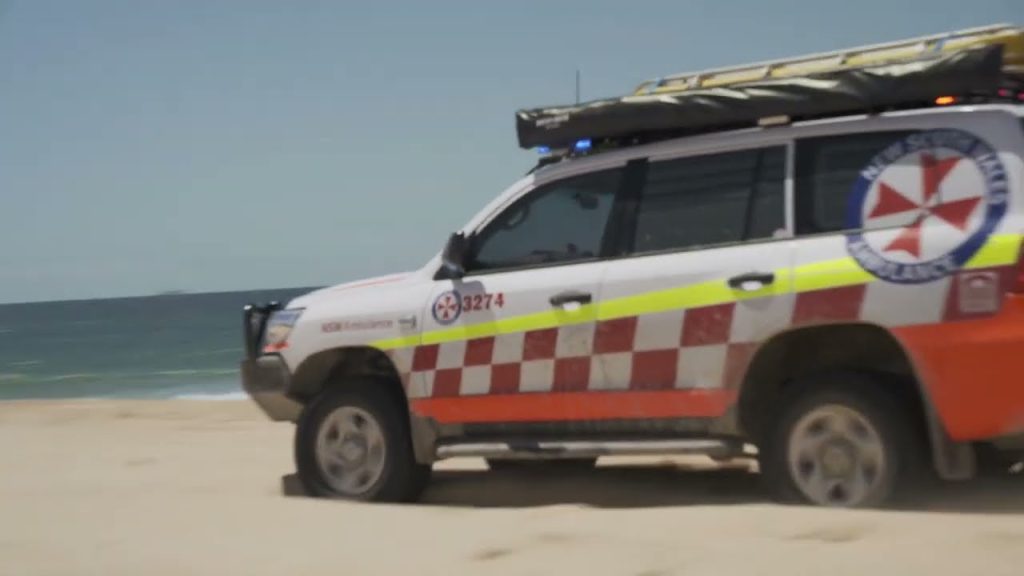The NSW Government has rolled out 80 new four-wheel drive ambulances across the state, which will allow paramedics to access patients in challenging terrain, the NSW Minister for Health Ryan Park announced today.
These purpose built 4WD ambulance vehicles are used to access patients in situations where standard ambulances would not be able to, particularly in regional and remote areas.
The new vehicles give paramedics greater ability to reach patients in the bush, on sand, through water, mud, and snow.
This enables paramedics to provide lifesaving treatment and stabilisation, while organising a suitable method of moving the patient.
The new Toyota Landcruiser 200 series was modified to a 3-seater to allow for the inclusion of a stretcher and medical equipment.
The 4WDs will not be used in place of standard patient transport ambulances, but will complement the standard stretchered ambulance fleet.
In some cases, the vehicles will also be used to retrieve the patient and deliver them to standard stretchered ambulance for further transport.
If paramedics identify that a location cannot be reached due to road conditions or difficult terrain, they can advise the Control Centre and a specialist resource such as these 4WDs can be deployed from nearby ambulance stations.
“I want our paramedics and first responders to have the most modern and up to date equipment, to help them deliver the highest quality care,” said Health Minister Ryan Park.
“This announcement means that our paramedics will be better placed to reach patients in the most challenging and harshest of environments.
“These special purpose built ambulances will enhance health care in our regional and rural communities.”
NSW Ambulance Chief Executive Dr Dominic Morgan welcomed the new additions to the fleet.
“The new Toyota Landcruiser 200 Series vehicles replace an aging fleet of Toyota Landcruiser Troop Carriers, which were sturdy work horses but no longer fit for purpose.
“These new vehicles will make it easier and safer for our paramedics to continue carrying out difficult rescue missions while delivering the best possible pre-hospital care.”
